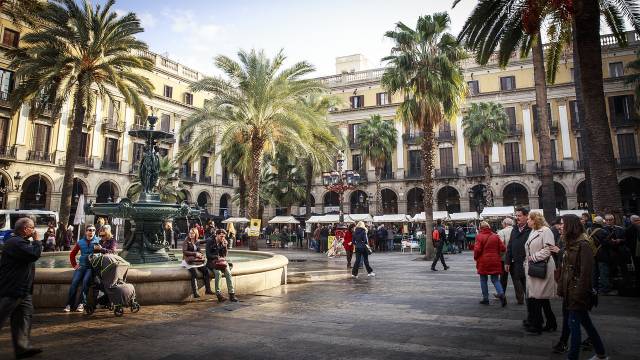A new study on behalf of the government of Catalonia has assessed to what extent public procurement processes can be used to promote waste reuse. The study has looked at both the Catalan public sector and at EU-wide best practices, and focused on four key sectors - furniture, ICT equipment, works and textile – linked to high volumes of waste generation and/or poor waste management with low reuse/recycling percentages.
While the report notes that Catalonia is lagging in using public procurement to promote reuse, in many cases it doesn’t take much to change that. The analysis of European best practices shows that often simply adapting to different procurement procedures (open, minor, negotiated, etc) or different clauses (award criteria, technical specifications, solvency criteria, etc) can have a major effect. The exception is in the procurement of works, which requires more complexity.
The government of Catalonia aims to use this analysis to improve the economic and environmental sustainability of reuse centres and increase the volume of materials to be reused and to be prepared for reuse through public procurement. The European organisations contacted during the development of its study include, but are not limited to, ICLEI Europe, PIANOo, ACR+ and RREUSE.
The full study can be downloaded here.





